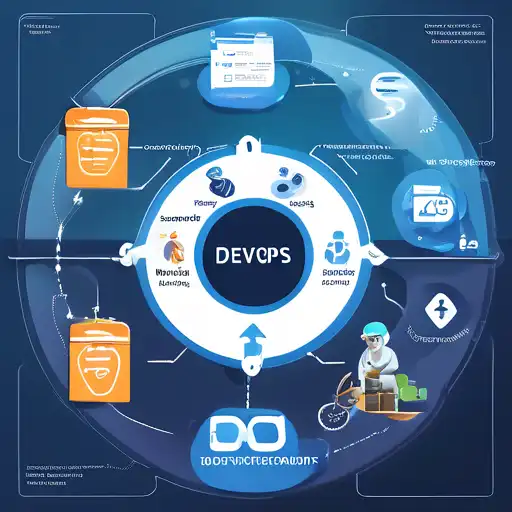Introduction to DevOps in Software Development
DevOps has revolutionized the way software is developed, deployed, and maintained. By integrating development (Dev) and operations (Ops), DevOps practices aim to shorten the development lifecycle while delivering high-quality software continuously. This article explores how DevOps improves the software development lifecycle (SDLC) through automation, collaboration, and continuous feedback.
The Role of DevOps in Modern Software Development
DevOps is not just a set of tools; it's a culture that promotes collaboration between developers and IT operations. The goal is to automate and streamline the software development and infrastructure changes. This approach leads to faster deployment times, more reliable releases, and improved communication among team members.
Key Benefits of DevOps
- Continuous Integration and Continuous Deployment (CI/CD): Automates the software release process, enabling teams to deliver updates more frequently and with fewer errors.
- Improved Collaboration: Breaks down silos between development and operations teams, fostering a culture of shared responsibility.
- Enhanced Efficiency: Automation of repetitive tasks frees up time for developers to focus on innovation and quality.
- Greater Scalability: DevOps practices support scalable infrastructure management, allowing businesses to grow without compromising performance.
DevOps Tools and Technologies
Several tools facilitate DevOps practices, including version control systems like Git, CI/CD tools like Jenkins, and configuration management tools like Ansible. These tools help automate the SDLC, from code integration and testing to deployment and monitoring.
Implementing DevOps in Your Organization
Adopting DevOps requires a cultural shift towards collaboration and continuous improvement. Start by integrating small, incremental changes and measure their impact. Training and tools are essential, but the focus should always be on fostering a DevOps mindset across all teams.
Conclusion
DevOps significantly improves the software development lifecycle by promoting automation, collaboration, and continuous feedback. By adopting DevOps practices, organizations can achieve faster time-to-market, higher quality software, and greater customer satisfaction. Embrace DevOps to stay competitive in today's fast-paced digital landscape.
For more insights into optimizing your development processes, explore our guide on continuous integration and automation tools.
